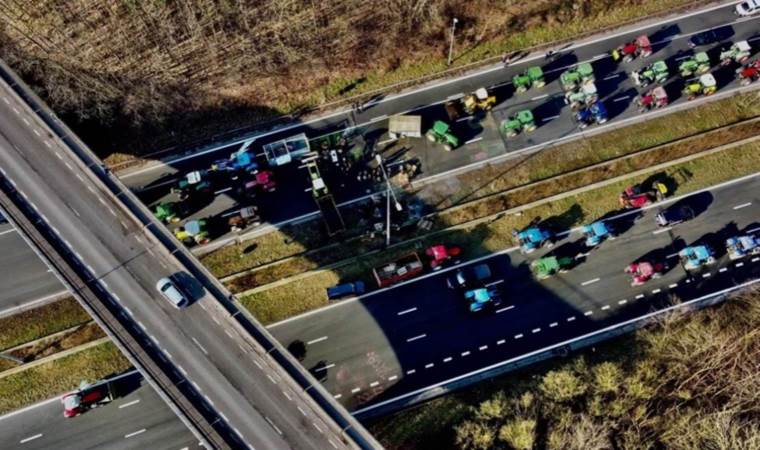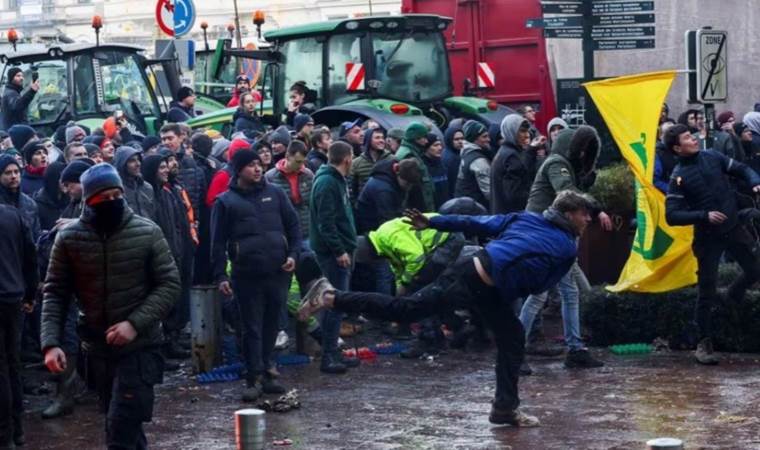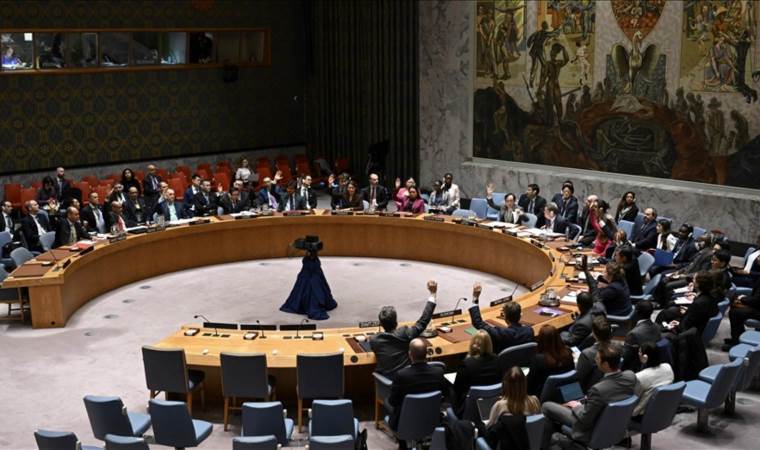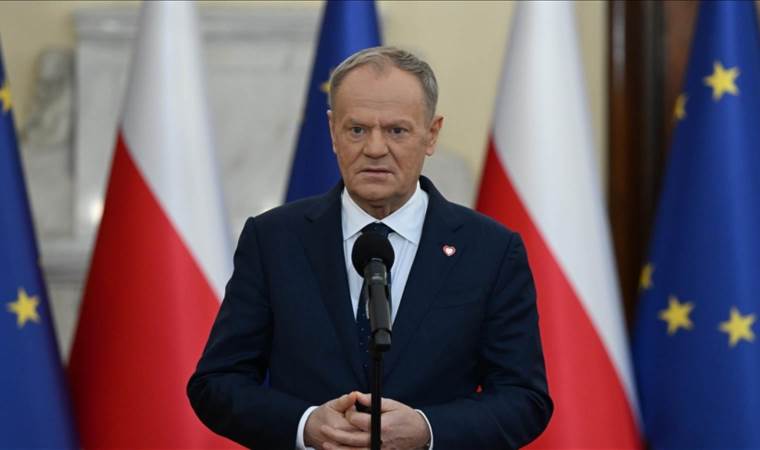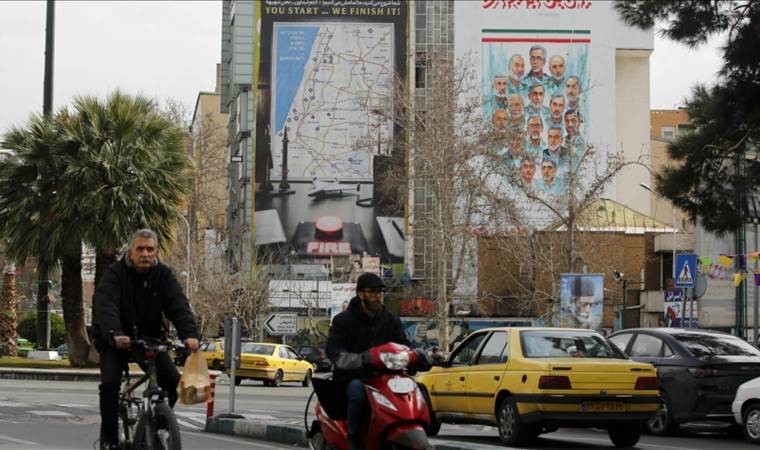Belgian farmers protest EU agricultural policies in Brussels
On Tuesday, Belgian farmers drove tractors to Brussels, causing significant traffic disruptions as they converged near the EU Commission building.
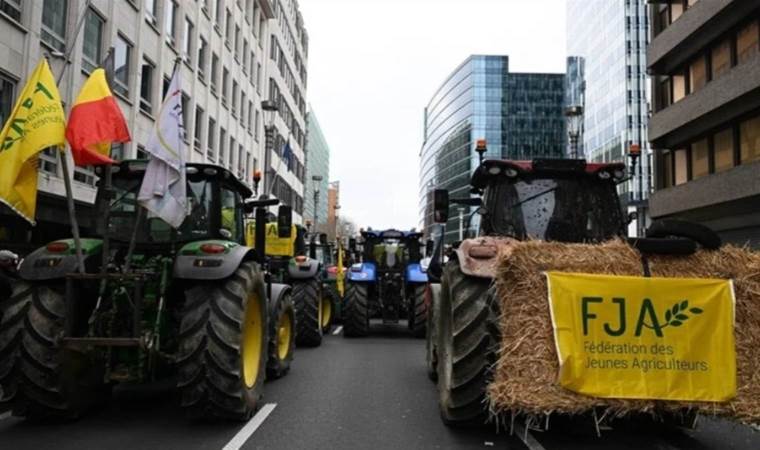
This demonstration, reported by RTL broadcaster, coincided with an EU agriculture ministers' meeting. About 150 tractors blocked the streets, marking the third such protest by farmers from various Belgian regions, following earlier demonstrations on February 1 and February 26.
The farmers are protesting against the European Union's agricultural policies and the persistently low income levels in the sector. Their grievances align with broader discontent among European farmers over low wages and various EU and national policies, including restrictions, food imports, and trade support for Ukrainian grain.
In response to farmers' protests across Europe, the EU recently implemented barrier duties on grain exports from Belarus and Russia. This move followed farmers' demands to halt the tax- and duty-free import of Ukrainian food products, which they claim undercut local agriculture, especially in EU countries near Ukraine.
In a significant policy shift, the EU Commission decided in mid-March to relax pesticide restrictions, enhance subsidies for rye and barley, maintain current agricultural taxes, and ease restrictions on plant protection products and fallow land requirements. Meanwhile, the Polish government reached an agreement with farmers to cease nationwide protests.
The EU Special Committee on Agriculture has approved a proposal to revise the Common Agricultural Policy (CAP), a response to farmers' demands articulated during the Agriculture and Fisheries Council meeting. France's Agriculture Minister Marc Fesneau, speaking outside the meeting venue in Brussels, endorsed the decision, which is slated for adoption by the EU Parliament in late April. The revision aims to increase support for farmers by providing more flexibility, exempting small operations from CAP controls and sanctions, and allowing for semi-annual CAP revisions to address changing conditions and challenges, including unpredictable weather events.
Most Read News
-
 Three threats to the UN order
Three threats to the UN order
-
 30 countries, EU Commission call for immediate cessation
30 countries, EU Commission call for immediate cessation
-
 Emails show Israeli government managed security at Manha
Emails show Israeli government managed security at Manha
-
 US-Israel attack on Iran could last weeks, be regime-thr
US-Israel attack on Iran could last weeks, be regime-thr
-
 South Korea jails ousted President Yoon for life over ma
South Korea jails ousted President Yoon for life over ma
-
 Tusk urges Polish citizens to leave Iran immediately ami
Tusk urges Polish citizens to leave Iran immediately ami
-
 Israel on high alert as US weighs possible strike on Ira
Israel on high alert as US weighs possible strike on Ira
-
 UK's ex-Prince Andrew arrested on suspicion of misconduc
UK's ex-Prince Andrew arrested on suspicion of misconduc
